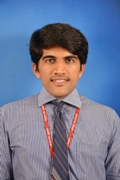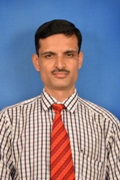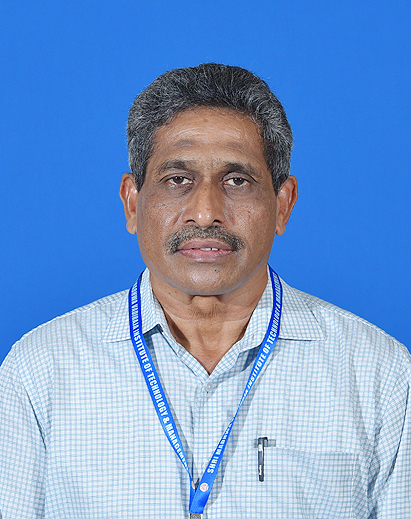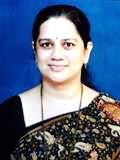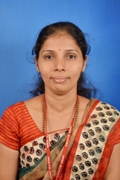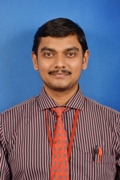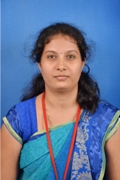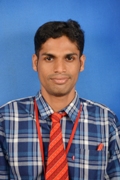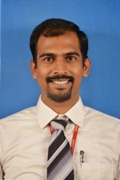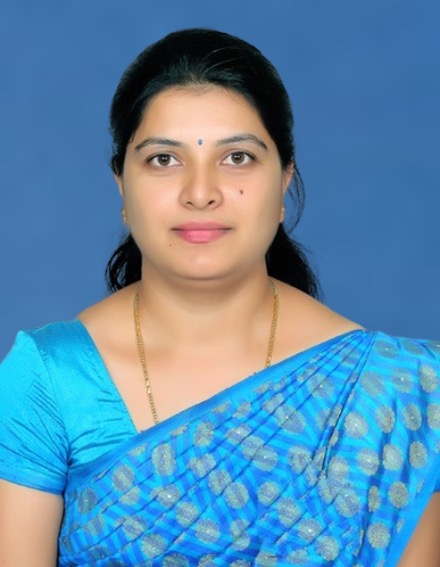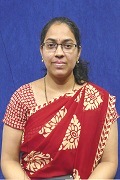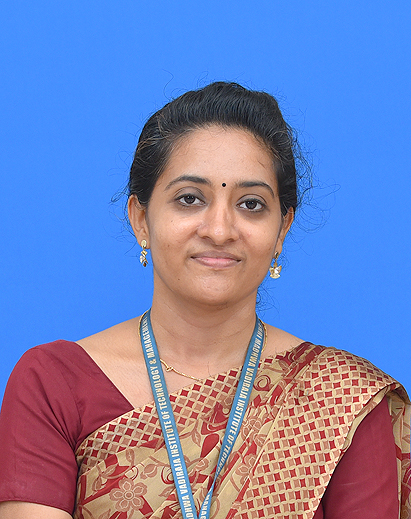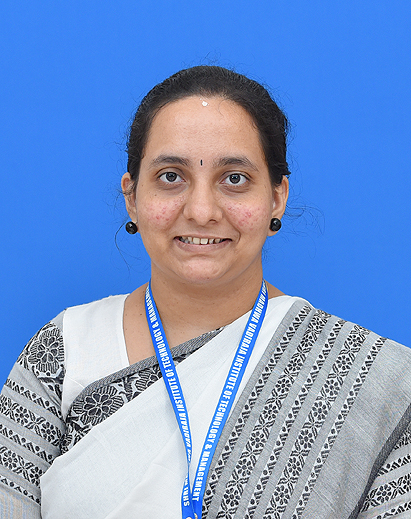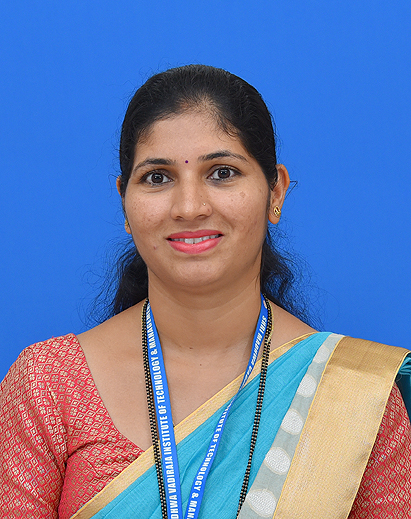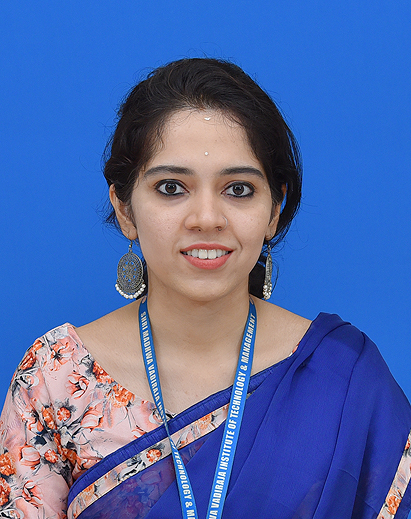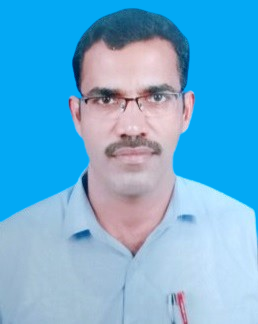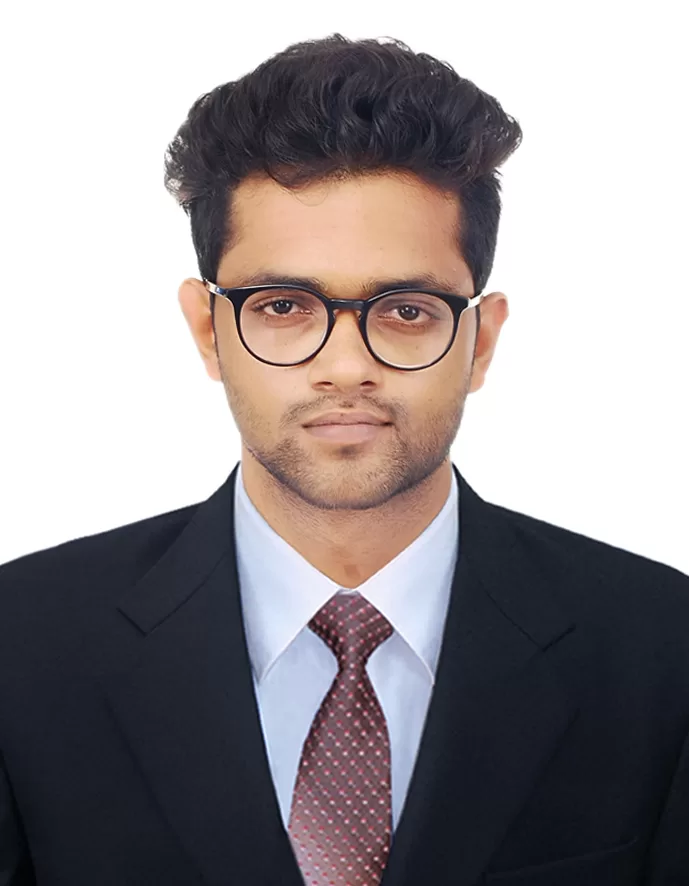Electronics & Communication Engineering
About Department
Electronics today stands at the forefront of the rapidly expanding horizon of Science and Technology. The Department of Electronics and Communication Engineering in SMVITM was established in the year 2010, initially offering an undergraduate program with an intake of 60 students per year. The intake was increased to 120 in the academic year 2012-13. The
” To be recognized as a center of eminence in the field of Electronics and Communication Engineering for holistic engineering education and research on current technologies”
- Impart quality engineering education with ethics to students and transform them into leaders in technology, innovation and research.
- Provide a platform and academic atmosphere that will ensure the transfer of knowledge and skills to the students.
- Promote the overall personality development of the students through activities that have high credibility and societal impact.
- Short Course in Analog Electronic Design - June 2016/01/08 to June 2016/01/10
- Workshop on VERILOG PROGRAMMING - June 2016/01/18 to June 2016/01/22
- Technical Talk on “Embedded Hardware Design” - June 2017/03/31 to June 2017/03/31
- Faculty development program on VLSI chip design - June 2019/07/22 to June 2019/07/23
- VIRTUAL CONFERENCE “ICETSE-2020” - June 2020/07/10 to June 2020/07/11
The graduate of Electronics and Communication Engineering should be able to
| PEO-1 | Exhibit essential knowledge of applied sciences, mathematical modeling, logical interpretation and virtual realization to resolve real-time problems in the field of Electronics and Communication Engineering |
| PEO-2 | Work productively as an Electronics and Communication Engineer, including supportive and leadership roles on multidisciplinary teams |
| PEO-3 | Inculcate effective communication skills to excel in professional growth |
| PEO-4 | Take part in lifelong learning in pace with the advancing technological society |
Engineering Graduates will be able to:
| PO1 | Engineering knowledge: Apply the knowledge of mathematics, science, engineering fundamentals, and an engineering specialization to the solution of complex engineering problems |
| PO2 | Problem analysis: Identify, formulate, review research literature, and analyze complex engineering problems reaching substantiated conclusions using first principles of mathematics, natural sciences, and engineering sciences |
| PO3 | Design/development of solutions: Design solutions for complex engineering problems and design system components or processes that meet the specified needs with appropriate consideration for the public health and safety, and the cultural, societal, and environmental considerations |
| PO4 | Conduct investigations of complex problems: Use research-based knowledge and research methods including design of experiments, analysis and interpretation of data, and synthesis of the information to provide valid conclusions |
| PO5 | Modern tool usage: Create, select, and apply appropriate techniques, resources, and modern engineering and IT tools including prediction and modeling to complex engineering activities with an understanding of the limitations |
| PO6 | The engineer and society: Apply reasoning informed by the contextual knowledge to assess societal, health, safety, legal and cultural issues and the consequent responsibilities relevant to the professional engineering practice |
| PO7 | Environment and sustainability: Understand the impact of the professional engineering solutions in societal and environmental contexts, and demonstrate the knowledge of, and need for sustainable development |
| PO8 | Ethics: Apply ethical principles and commit to professional ethics and responsibilities and norms of the engineering practice |
| PO9 | Individual and team work: Function effectively as an individual, and as a member or leader in diverse teams, and in multidisciplinary settings |
| PO10 | Communication: Communicate effectively on complex engineering activities with the engineering community and with society at large, such as, being able to comprehend and write effective reports and design documentation, make effective presentations, and give and receive clear instructions |
| PO11 | Project management and finance: Demonstrate knowledge and understanding of the engineering and management principles and apply these to one’s own work, as a member and leader in a team, to manage projects and in multidisciplinary environments |
| PO12 | Life-long learning: Recognize the need for, and have the preparation and ability to engage in independent and life-long learning in the broadest context of technological change |
| PSO-1 | Understand the concepts of electronics & communication engineering and its application in the fields of signal processing, control systems, embedded systems, VLSI design, networking, and communication. |
| PSO-2 | Apply domain-specific knowledge to design, analyze, synthesize and validate real-time problems in electronics & communication engineering. |
Accomplishments
Students of SMVITM, Gets Second Prize in Technical Event “Line following Robot”
Third year students Pavan G Gond, Vishwas Bhat, Ranjan Poojary, Vijetha, from Dept. of Computer Science Engineering And Shreeharsha Gunaga...
Start-Up funding from Government of India to MSME Incubation Center of SMVITM
Dr. Sachin Bhat, the Head of the E& C department of Shri Madhwa Vadiraja Institute of Technology and Management, Bantakal...
Mr. Raghavendra Rao P awarded with Ph.D
Mr. Raghavendra Rao P, Associate Professor in Electronics & Communication Engineering Department of Shri Madhwa Vadiraja Institute of Technology &...
Best Paper Award in IEEE conference
Research paper titled “Design and Development of a Transliteration Application for Kannada Signboards” authored by Dr. Sachin S Bhat, Sriraksha...











